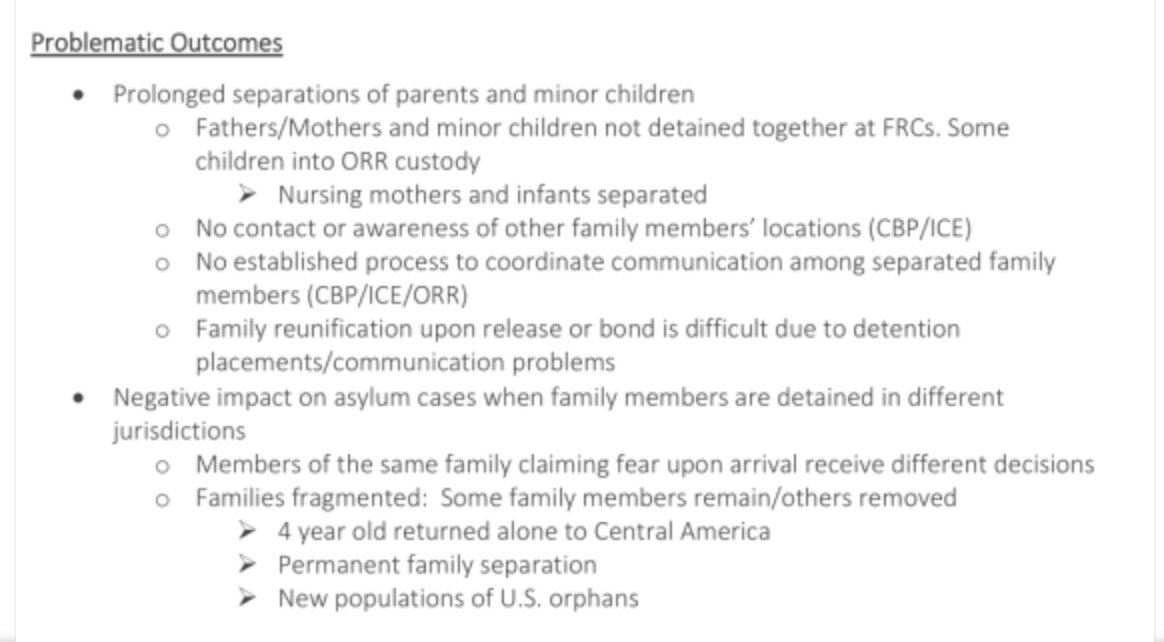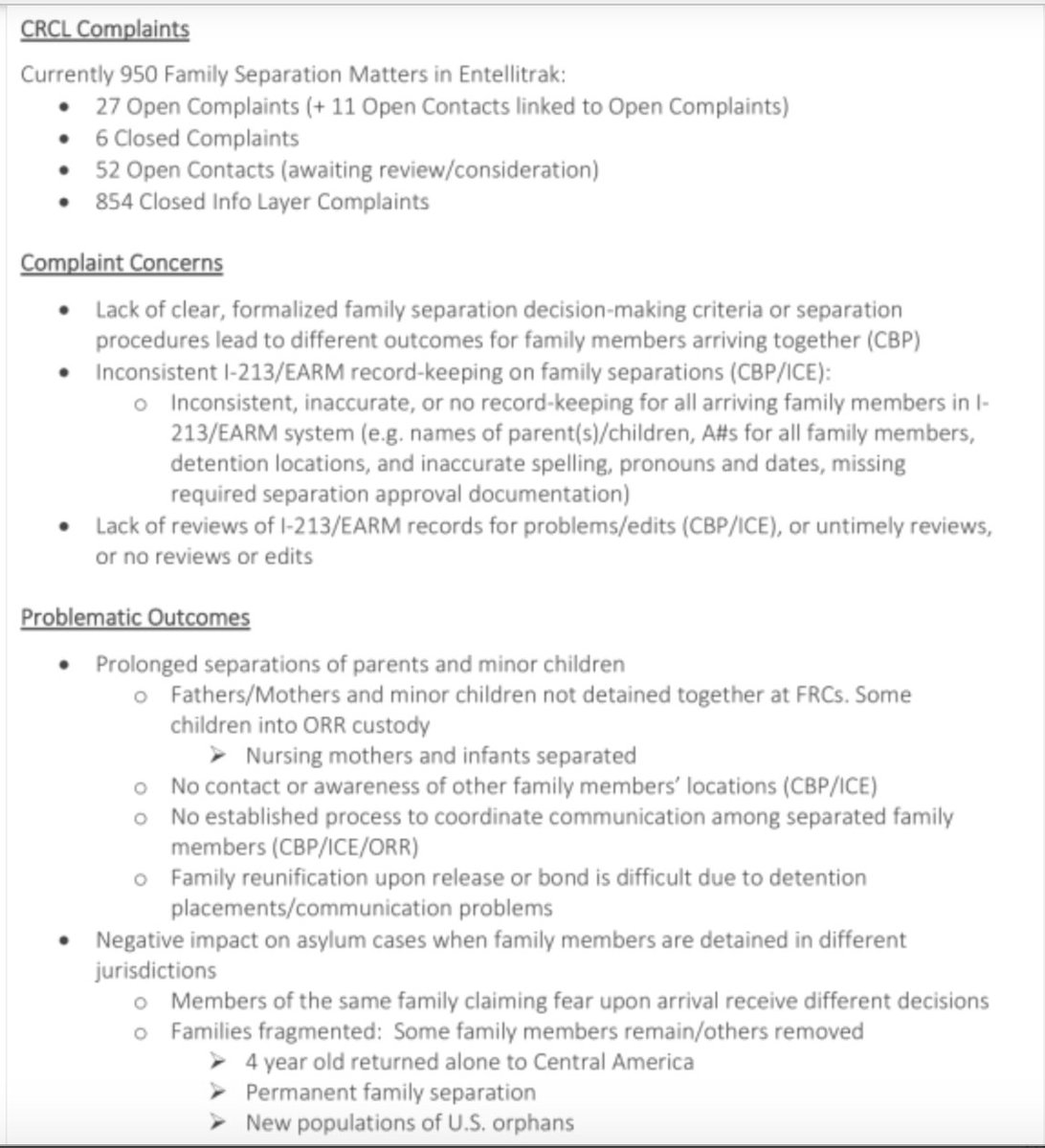
This week, OSC opened a case file after we called for an investigation into whether Mike Pompeo’s rush to release Hillary Clinton’s emails violates the Hatch Act.
So, for #FOIAFriday we’re reviewing why the Hatch Act matters.
americanoversight.org/who-really-car…
So, for #FOIAFriday we’re reviewing why the Hatch Act matters.
americanoversight.org/who-really-car…

The Hatch Act prohibits partisan election work while on official duty. But it isn’t just about election fairness & preventing a candidate from deploying power for their own advantage; it also ensures that public service & governance come before political ambitions.
Employees across the government take great pains to obey the Hatch Act. Employees of federal agencies are suspended or face serious consequences for violations. In June, for example, two federal workers were suspended without pay for Hatch Act violations.
But members of the current administration apparently don’t think much about a law prohibiting them from using government resources for partisan election activity. White House Chief of Staff Mark Meadows said “nobody outside the Beltway really cares” about it. 

DHS Acting Secretary Chad Wolf participated in a naturalization ceremony that was held at the White House and used in a political convention broadcast. Secretary of State Mike Pompeo addressed the convention from Jerusalem, where he was on an official trip. 

These potential violations matter because it’s wrong for partisanship to dictate who gets to be a citizen or what qualifies as the national diplomatic interest of the United States.
Now, Pompeo’s rush to release Hillary Clinton’s emails before Election Day appears to violate the Hatch Act.
Career State employees asked to carry this out may be at risk of violating the law.
americanoversight.org/american-overs…
Career State employees asked to carry this out may be at risk of violating the law.
americanoversight.org/american-overs…
”Sec. Pompeo has made it clear he intends to use the powers of his office to influence the 2020 election,” said our @AREvers. “That is quintessentially illegal under the Hatch Act.”
On Monday, OSC confirmed it will open a case file to address our complaint.
On Monday, OSC confirmed it will open a case file to address our complaint.

So what does this have to do with FOIA? While Pompeo is reportedly rushing the release of Clinton emails, State has maintained in multiple court filings that it is largely unable to process FOIA documents.
We have multiple active FOIA lawsuits seeking records from State, including suits for Pompeo’s emails. We haven’t received a single email sent from Pompeo’s official State Dept. account, although we recently obtained 400 pages of his personal emails from his time as CIA director.
The Hatch Act matters because it embodies the basic principle that public service and governance come before political ambitions. Pompeo’s actions are the latest reminder of why this principle is so important.
• • •
Missing some Tweet in this thread? You can try to
force a refresh











